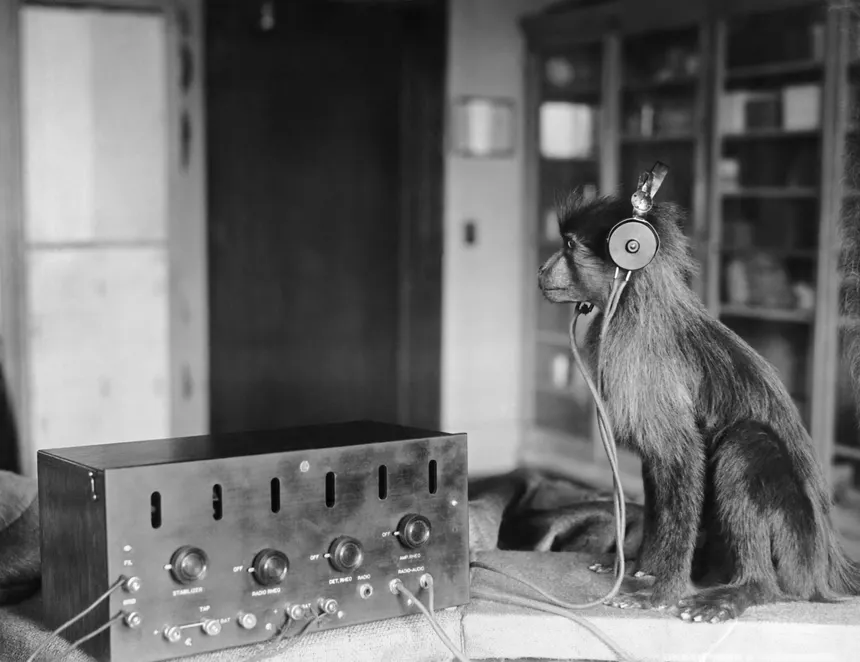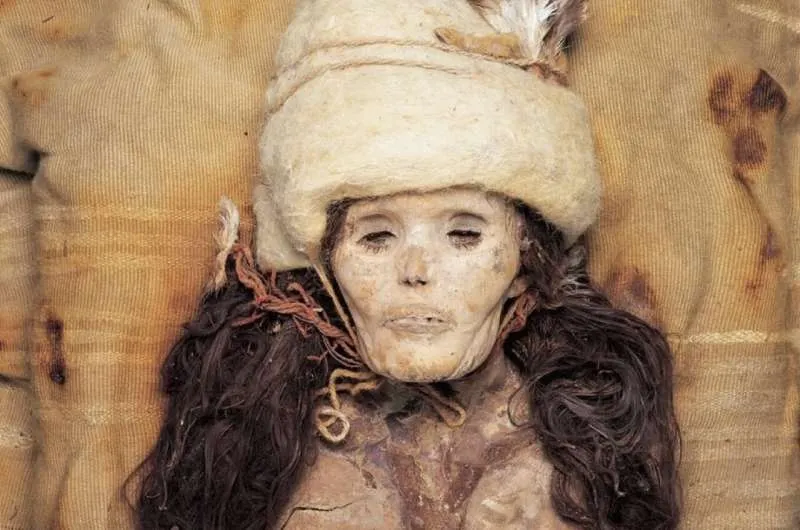“The Long Shadow of the First Crusade: Echoes Through Religion, War, and Memory”
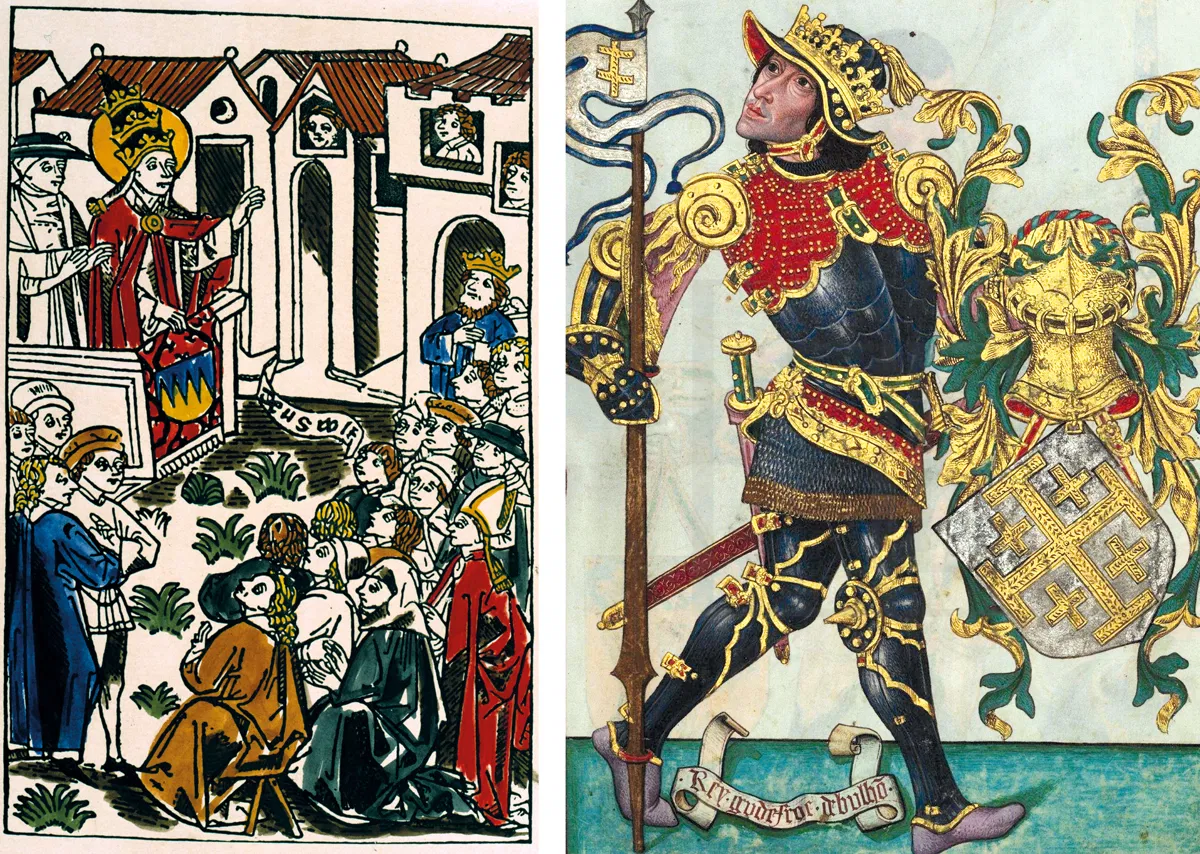
In 1095, Pope Urban II’s call to arms at the Council of Clermont launched the First Crusade—a military expedition aimed at reclaiming the Holy Land from Muslim control. What followed was a cataclysmic collision of cultures, faiths, and empires that reverberated across centuries. The First Crusade was not just a series of military engagements; it was a defining moment in European and Middle Eastern history whose effects continue to influence religion, politics, and collective memory to this day.
Origins and Motivations
The roots of the First Crusade are deeply embedded in a complex blend of religious fervor, political ambition, and social unrest.
- Religious Justification: Pope Urban II framed the Crusade as a holy mission—a penitential act that offered spiritual rewards, including indulgences and forgiveness of sins. The idea of “taking the cross” became a powerful spiritual and social motivator.
- Byzantine Request for Help: The Eastern Roman (Byzantine) Empire, under pressure from the Seljuk Turks, appealed to the West for military assistance. The Pope saw this as a chance to heal the schism between Eastern and Western Christianity.
- European Turmoil: Many in Europe were seeking purpose, land, and wealth. Knights and peasants alike joined for various reasons—some religious, some opportunistic. The crusade promised glory and adventure, particularly to younger sons of nobility who lacked inheritance prospects.
The March and the Siege of Jerusalem
The First Crusade began in earnest in 1096, and the journey across Europe and Anatolia was brutal. After a string of bloody battles and sieges—including at Nicaea and Antioch—the crusaders finally reached Jerusalem in 1099.
- The siege of Jerusalem culminated in a massacre of Muslim and Jewish inhabitants, with chroniclers describing the streets as running red with blood. It was a horrifying and symbolic victory that established the Kingdom of Jerusalem, a Latin Christian stronghold in a predominantly Muslim region.
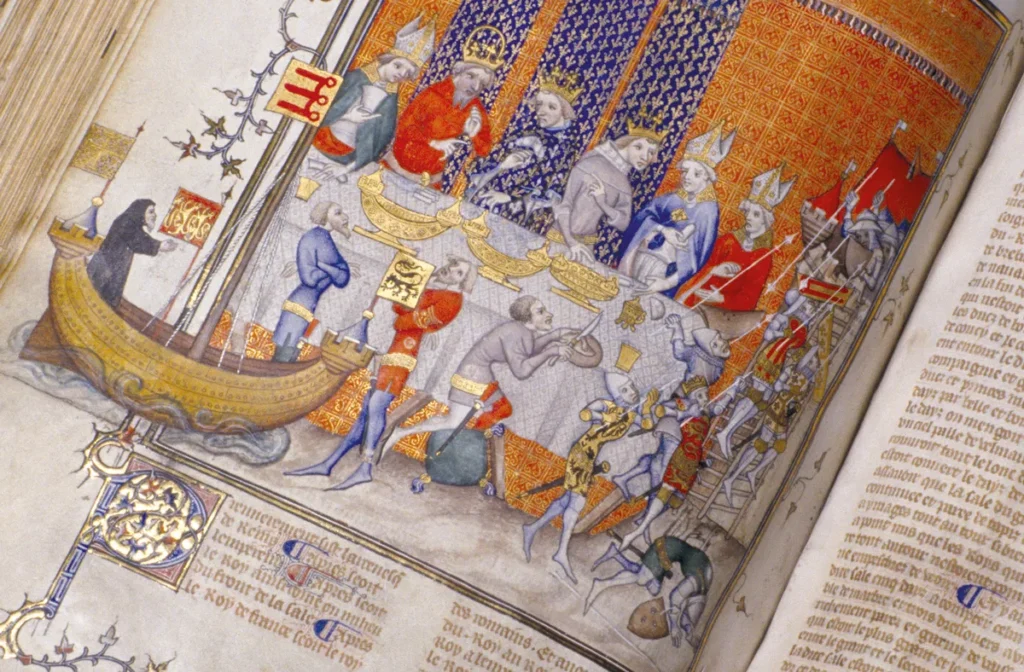
Immediate Consequences
The success of the First Crusade had several immediate effects:
- Establishment of Crusader States: These included the County of Edessa, Principality of Antioch, County of Tripoli, and the Kingdom of Jerusalem. These territories became focal points of future conflicts.
- Christian-Muslim Hostility: Though not the first clashes between the two religions, the Crusades deepened antagonism. The violence, including atrocities on both sides, entrenched long-standing divisions.
- Increased Papal Power: The pope’s ability to rally armies under religious banners marked a peak in papal authority and influence, solidifying the idea of holy war in Western Christendom.
The Broader and Longer-Term Impacts
The First Crusade’s shadow stretched across many facets of society and history:
1. Religious Polarization
- The crusade helped solidify a “Christian vs. Muslim” worldview that still echoes today.
- It also worsened Christian-Jewish relations, with pogroms against Jews occurring in cities along the route of the Crusaders.
2. Militarization of Religion
- It normalized the idea that violence could serve a holy cause, paving the way for future crusades (there were at least seven major ones) and religiously motivated conflicts throughout the medieval period.
3. Cultural Exchange and Transformation
- Despite violence, the Crusades also opened channels for exchange of knowledge, goods, and ideas between East and West—spurring developments in science, medicine, and architecture.
- Exposure to advanced Muslim civilization sparked curiosity and innovation in Europe, helping sow the seeds of the Renaissance.
4. Colonial Precedents
- The crusader states operated like colonial enterprises, run by elites who imposed Western rule on Eastern peoples. This created a blueprint for later European colonialism.
5. Historical Memory and Nationalism
- The First Crusade is remembered and interpreted differently by various groups:
- In the Islamic world, it is often viewed as an early invasion by Western powers.
- In the West, some remember it as a moment of religious triumph; others, as a cautionary tale of fanaticism.
- In modern times, radical ideologies on both sides have weaponized the memory of the Crusades for political agendas.
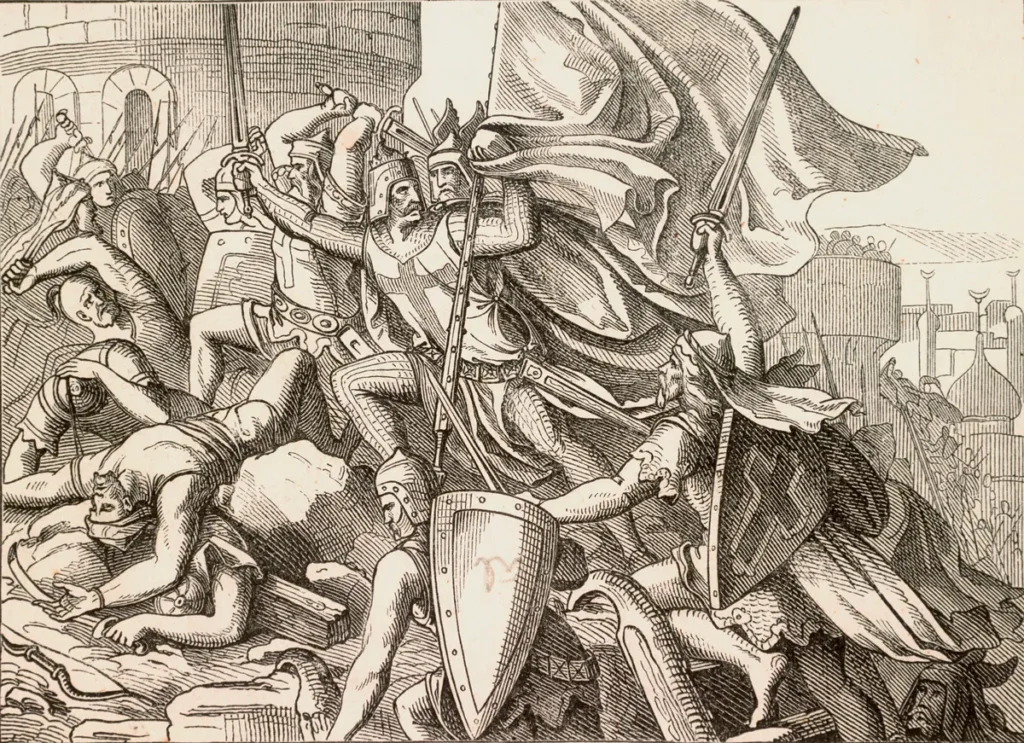
Conclusion: A Legacy Still Felt
The First Crusade was far more than a medieval military campaign. It was a crucible in which modern religious identities, political tensions, and East–West relations were forged. The myths, legends, and consequences born from that era cast a long shadow over subsequent centuries—one that still shapes global dynamics today.
In understanding the First Crusade, we glimpse not only a moment of medieval ambition and brutality but also the roots of many ongoing conflicts and dialogues between civilizations. Its legacy reminds us that history is not merely past—it is alive, echoing in the present.




